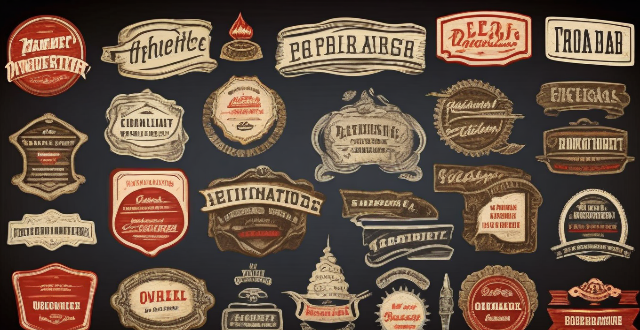The article provides a comprehensive list of signs that indicate a damaged or failing car engine. These signs include an illuminated check engine light, unusual noises such as knocking or squealing, reduced performance, poor fuel economy, excessive smoke, oil and coolant issues, vibrations and shaking, overheating, burning smells, and leaking fluids. It emphasizes the importance of regular maintenance and prompt attention to these warning signs to extend the life of the car engine and prevent costly repairs.

Signs of a Damaged or Failing Car Engine
1. Check Engine Light
- Illuminated Check Engine Light: This light could indicate various issues, including engine problems.
- Diagnostics: Use an OBD-II scanner to read the error codes and determine the specific issue.
2. Unusual Noises
- Loud knocking or rattling: This could be a sign of worn out pistons or connecting rods.
- Squealing belts: Loose or worn belts can cause squealing noises.
- Hissing or steam: Leaking coolant or overheating engine can produce hissing sounds or steam.
3. Reduced Performance
- Decreased power: The engine may not have the same get-up-and-go as it used to.
- Difficulty starting: The engine may crank for longer than usual before starting.
- Rough idling: The engine may shake or vibrate more than normal when idling.
4. Poor Fuel Economy
- Increased fuel consumption: A failing engine can lead to reduced fuel efficiency.
- Excessive exhaust: Increased emissions can be a sign of engine trouble.
5. Excessive Smoke
- Blue smoke: Indicates burning oil; possible piston ring or seal damage.
- Black smoke: Could mean too much fuel is being burned; possible injector or fuel delivery issue.
- White smoke: Indicates coolant in the combustion chamber; possible head gasket failure.
6. Oil and Coolant Issues
- Oil changes: Dark, dirty oil or metal particles in the oil pan are signs of internal engine wear.
- Coolant level drops: Frequent need for coolant additions could indicate leaks or other cooling system issues.
7. Vibrations and Shaking
- Engine vibrations: Worn out engine mounts or internal component issues can cause shaking.
- Uneven ride: A misfiring cylinder can cause the vehicle to feel unbalanced.
8. Overheating
- Temperature gauge rises: If the temperature gauge frequently goes into the red zone, there might be a cooling system problem.
- Steam from under the hood: Steam coming from under the hood indicates overheating and potential engine damage.
9. Burning Smells
- Burning oil smell: Could indicate oil leakage onto hot engine parts.
- Burning rubber or plastic smell: Might be a sign of belt slipping or melting components.
10. Leaking Fluids
- Oil puddles: Check for oil spots under your car where you park; this could indicate oil leaks.
- Antifreeze stains: Green, pink, or yellowish stains under the car could indicate coolant leaks.
If you notice any of these signs, it's important to have your car inspected by a professional mechanic to prevent further damage and costly repairs. Regular maintenance and prompt attention to these warning signs can extend the life of your car engine.